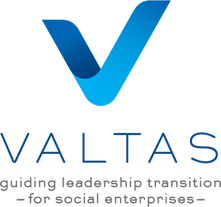THE LATEST FROM VALTASNews, updates, and stories to keep you in the know.
|
 Co-written by: Ed Rogan & Michelle Saddler After the surge in COVID-19 cases earlier this year due to widely circulating variants, new case numbers have been falling steadily for weeks now, causing many states to lift restrictions. In most areas of the country restaurant customers are returning to in-person dining, students are back in the classroom, travelers are going on flights and cruises, sports fans are returning to stadiums at full capacity, and employees are returning to offices that had been vacated for almost two years. Despite this re-opening, the world is far from the way things used to be, and the work environment is no exception. “Business as usual” has undergone major, irreversible shifts. The businesses and organizations that survived the past two years have witnessed numerous new trends and experienced an entirely different way to work. The Good and The Bad On the positive side, work life balance in many cases was enhanced for those fortunate employees who were able to work from home and who were also able to manage the dual challenges of work and childcare while children learned remotely or stayed home for lengthy quarantining stints. Further, many employers have seen a reduced need for expensive office real estate with no significant impact to productivity. On the negative side, many workers suffered feelings of isolation and depression. Mental health challenges contributed to employee turnover, and quickly made their way to the forefront of worker wellness conversations. Many people who experienced loss and illness during the pandemic are now re-thinking their values, priorities, and career goals. Career changes and retirements are occurring in record numbers. Additionally, unemployment support, workplace health concerns, vaccine mandates, cost of living increases, and a shortage of trained workers have contributed to tighter labor conditions, resulting in understaffing issues at businesses across all sectors. Leadership Skills that are Needed Now According to the literature that has emerged during the past months, successfully managing in a post pandemic world requires new skills. Those managers who are able to adapt and demonstrate these skills will be best positioned to help their organizations and their employees thrive and succeed despite (or perhaps because of) the many challenges of the past year. These six skills are in the highest demand right now among non-profit leadership: Relationship Management In remote or hybrid work environments, effective managers focus more than before on relationship management. In an environment where people do not run into each other in the hallways or grab coffee or lunch together on a regular basis, managers must be more creative about helping their employees foster relationships. In order to care for employees’ mental health and social emotional needs, managers must make sure people are focused on self-care. Again, this can be challenging when not sharing physical space and not having the ability to witness behavior, but it can certainly still be done. However, a one-size-fits-all approach will not work here. Each organization will have a different mix of people with unique skillsets, needs, preferences, interests, and opportunities to bring together. Successful leaders will find a way to unite people regardless of their location to forge the kind of connection necessary to be successful. To do this, non-profit leaders must think differently and more intentionally about work hours, deliverables, project timelines, and methods of communication. Digital Collaboration While we have all witnessed the power and effectiveness of video-based meetings, many would argue that this approach has a detrimental impact on collaboration. These meetings are just not the same as having people in the same room for a good old-fashioned brainstorming session. And then there are the “meetings after the meeting” when two or three people peel away to continue the discussion and move things forward. Non-profit leaders will have to find ways to encourage team members to connect with each other in new and creative ways while pursuing opportunities to enhance their own leadership and people management skills. Crisis Management Over the last two years workers experienced a triple threat:
And while there is already hope on the horizon across many of these crises, fragile global supply chains and precarious international markets indicate that there may be more turmoil in store. In the months and years to come, as we try to recover and move forward it is critical that effective managers remain even keeled and focused. Remember, through times of rapid change and significant challenges the best managers will always exhibit transparent, accurate, timely information sharing with staff, board, funders, stakeholders, and partners. They also give staff space to express their pressure points, misgivings, and stressors in a safe environment. Entrepreneurial Spirit In March of 2020 every organization had to pivot and change their business model on the fly. Businesses had to stand up remote work environments in the flash of an eye irrespective of existing infrastructure. Those that embraced change moved forward with the least loss of productivity and confusion were the most successful in those early days and seem to still have an advantage now. Managers that anticipate change and that flex quickly, rather than waiting for the next unexpected or unprecedented event, help to build organizational resiliency. These entrepreneurial leaders are future-focused and work to identify and implement ways to diversify funding in case their primary source of funding is unexpectedly hindered. Flexibility This experience has taught us that there is more than one way to work, be productive, be effective, and stay accountable. But it’s not over yet! Non-profit leaders have to help staff adapt to a post-COVID environment now as well. This goes beyond the changes that may occur in the physical workspace. Team members will need to acquire new skills or enhance existing skills to adapt as well. Leaders must remain nimble, be open to change, and show empathy for shifting personal needs of their employees. Technological Proficiency Non-profit leaders have had to be relatively self-sufficient when it comes to daily office productivity technology for many years. But now we have Teams, Whereby, Skype, Zoom, and Google Hangouts – and that’s just a few of the video options! As the new hybrid work environment continues to evolve, leaders must be adept at using current technology while keeping abreast of emerging technologies intended to enhance productivity and communication. Leaders will need to understand how technology is going to be used to hire, train, and manage new fully-remote or hybrid-work staff coming into their organizations now. If team members are expected to adapt and embrace new technology, managers must lead by example by joyfully adopting new technologies and providing the necessary support for their teams to learn and implement these technologies seamlessly and with minimal disruption. The implications for nonprofit executive search are clear: Successful candidates for nonprofit leadership roles must have the requisite skills for helping their organizations successfully and planfully operate in today’s ever-changing work environment. About the Authors Michelle Saddler - Managing Director, Kittleman & Associates  Michelle R.B. Saddler brings several decades of experience and strong records of accomplishment in numerous government and not-for-profit organizations. Prior to joining Kittleman & Associates, Michelle served as Secretary of the Illinois Department of Human Services (IDHS) and Chief of Staff to Former Illinois Governor Pat Quinn. During her five years as IDHS Secretary, Michelle provided overall management and direction to Illinois’ largest and most diverse state agency. Under her guidance, DHS and its community-based partners served nearly three million people every day through a wide range of services for low income families, persons with disabilities, and those needing assistance with issues of mental illness and substance abuse. Before her appointment as IDHS Secretary, Michelle was Director of Policy in the Office of the Governor, overseeing a number of policy initiatives including economic development, healthcare, education, housing, fiscal policy, and ethics. Ed Rogan – Partner and Search Practice Leader, Valtas  Ed Rogan is a human resources professional who has been connecting people and mission for over 20 years. Equally equipped with analytical and communication skills, he has a knack for quickly grasping a situation, connecting with varied personalities, and understanding business issues. Ed is skillful in building rapport with people from all walks of life and brings a sense of humor, appropriate levity, and enjoyment to working with a diverse client set. Ed’s search philosophy takes a highly collaborative approach in partnering to recruit and develop leaders for mission-centered organizations. His work over more than 25 years has involved a range of diverse projects that provide him with opportunities to continuously learn and develop as a professional. Comments are closed.
|
THE LATEST FROM VALTAS
You are welcome to subscribe to get the latest news, updates and insights from our team. Subscribe:Ask Valtas!Categories
All
Archives
July 2024
|

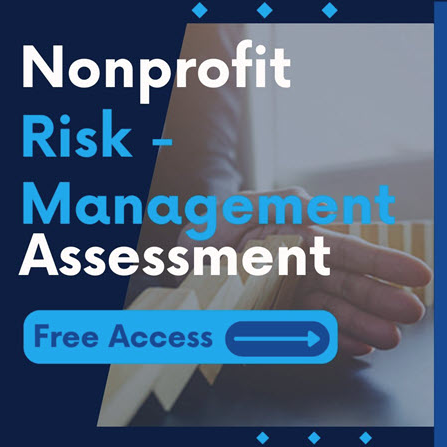
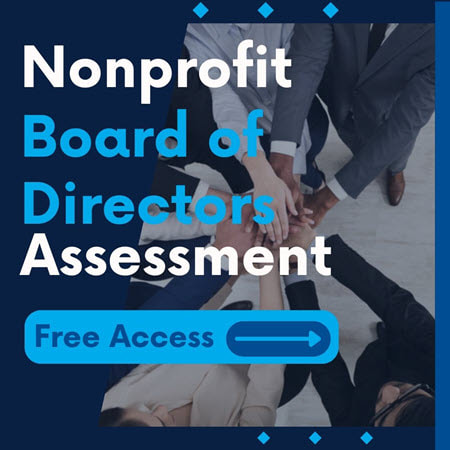
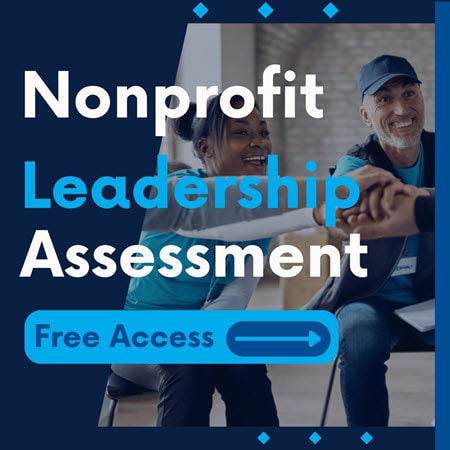
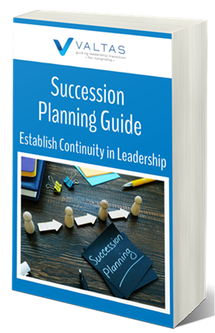
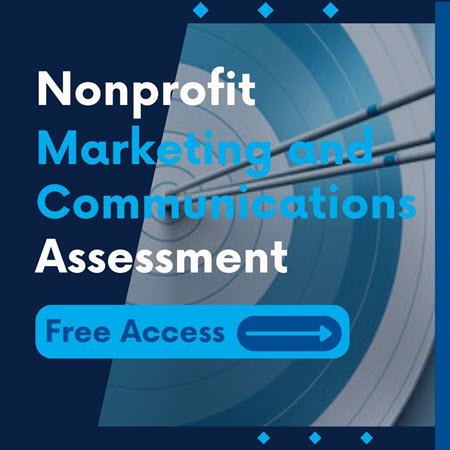
 RSS Feed
RSS Feed
